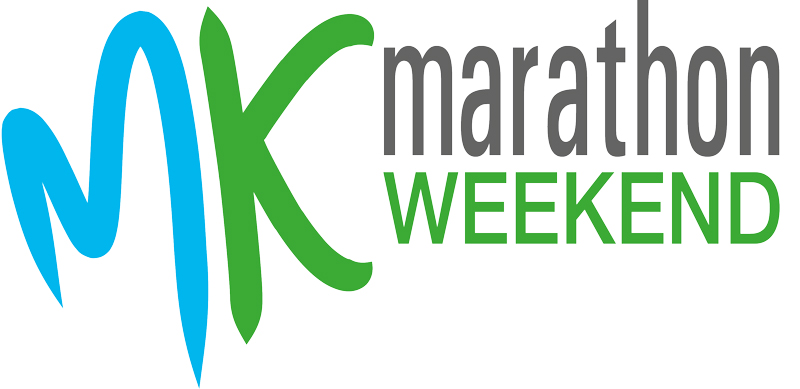I am sure most runners have heard of the term hitting the wall. A number of runners have not just heard of hitting the wall but even crashed head on into the wall, especially when grinding out 26.2 miles of a grueling marathon. There is nothing worse than being on track for a PB, when your body suddenly runs out of energy and your pace starts to sink to a crawl or even a grinding halt. Yes, hitting the wall can happen to the best of us, but it can be avoided by a good period of carbohydrate loading prior to the marathon.
Carbohydrates provide your body with a fast energy source and are therefore vital in the latter periods of any running event. They are stored as glycogen within the body. A typical person can store 1500kcals of glycogen in the muscle and just 300kcals in the liver. With around 100kcals required to run a mile, and a quick calculation tells you that you are about 800kcals short when running the 26.2 miles of a marathon. A good carb loading program is vital to ensuring that you have a full fuel tank before you cross the start line.
A carbohydrate load requires time and water. It should start 7 days out from your marathon with a hard ten mile run for the start of your glycogen depletion phase. During this phase you are essentially emptying your fuel tank to make space for fresh fuel. Your ten mile run should be followed by 2-3 days of low carb, high protein intake. The protein helps any damaged muscles to repair and the lack of carbs causes your body to start to crave carbohydrates. Then 5 days out from your marathon your loading phase begins. High carbohydrate foods include rice, pasta, sweet potatoes and oats if you want to keep it healthy. There is nothing wrong with topping this off with a bit of ice cream, chocolate or sweets to fill the gaps with less healthier options. The amount of carbs is crucial as most people simply don’t eat enough. You should be aiming for 10grams per kg of body weight per day. So a typical 70kg man requires about 700 grams of carbs. That is a lot of carbs.
Your body needs 3 grams of water to absorb and store every 1 gram of glycogen so ensuring that you have an adequate water intake is also vital. On the day before the marathon you should start to reduce your food intake back to normal from lunch time onwards. The majority of this food will still be sitting in your digestive tract the next day for you carry round the marathon, so a normal dinner and early breakfast should see you through to the start line.
If you can get your 7 day carb load right, there is no reason why mile 26 won’t be as fast as mile 1.
Good luck!
Colin Thomas, Clinical Lead Physiologist, BMI The Saxon Clinic

